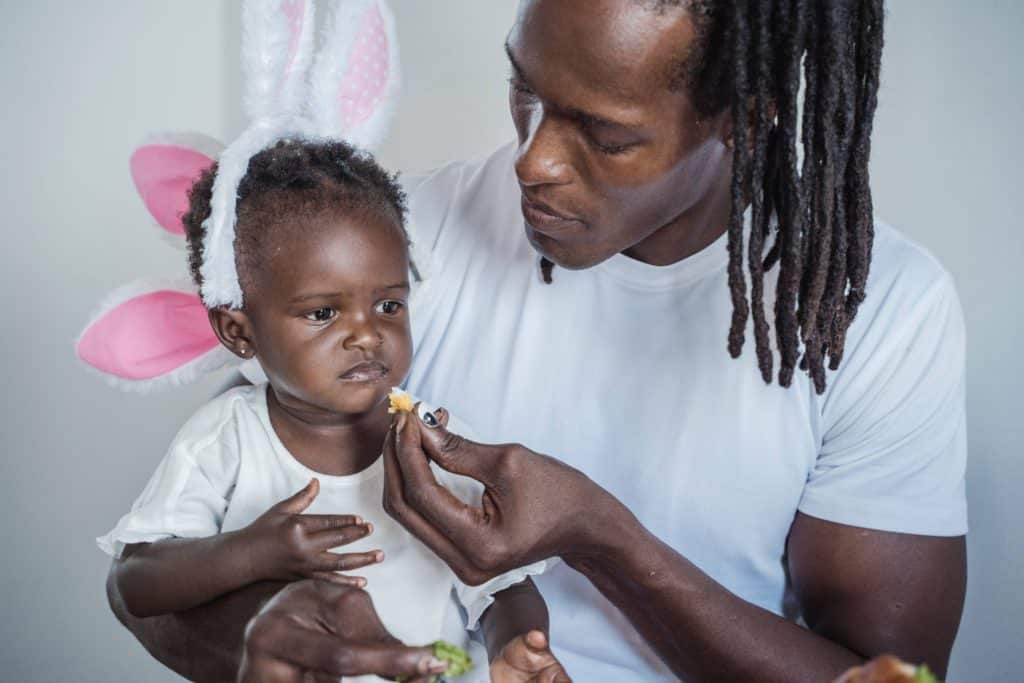Having a baby is a life-changing experience. Aside from the stress of pregnancy and delivery, the stress of taking care of your newborn and yourself can sometimes become overwhelming. For some women, it becomes too much to handle and they develop Postpartum Depression.

Depression after childbirth is not uncommon among new parents. Studies say that as many as 1 in 7 new mothers experience postpartum depression after birth, and sometimes, it takes their partners to first recognize that something isn’t right. So how can you identify postpartum depression in your partner?
Symptoms Of Postpartum Depression
Postpartum depression is a condition that requires medical assistance so if you take note of any of these symptoms, inform your doctor right away.
- Sudden withdrawal from people.
- Lack of energy and feeling tired all the time.
- A persistent feeling of sadness and frequently crying for no obvious reason.
- A sudden change in appetite
- Difficulty concentrating and making decisions.
- Thoughts about harming the baby or about suicide and self-harm.
- Constantly worrying that something is wrong with the baby.
- Neglecting appearance and sudden loss of interest in former things of enjoyment
- Difficulty falling asleep or always feeling sleepy
- Feeling incapable of looking after the baby.
- Feelings of guilt, hopelessness and worthlessness.

The Role You Play
The first step is understanding that your partner suffering from depression does not mean that they regret having your baby or are unhappy with you.
While it is not your responsibility to diagnose your partner, you do have an important role to play in supporting them and helping them cope by being understanding and being someone they lean on for emotional support.
What You Can Do To Help
While your partner undergoes treatment, you can assist them by offering both emotional and practical help.
- Do your research: Take the time to search online, speak to your doctor and try to learn more about postpartum depression. This will also show them that you care about them and want to help them feel better.
- Talk with your partner: Ask your partner about how they are feeling and listen to them. Validate their feelings and show empathy. This will help them to feel like they are understood and not alone.
- Encourage them to get medical help: Your partner could be reluctant to visit a doctor, so you should try to persuade them. Take the initiative by offering to schedule an appointment and go with them.
- Be understanding: Let your partner know that you don’t blame them for how they are feeling. Remind them that the situation is not their fault and reassure them that things will get better.
- Take on more responsibility: Help out more with housework and baby care. If you can’t help personally, find someone willing to help out instead.

- Prioritise their health: Encourage them to stay healthy by eating balanced meals, staying active and getting enough sleep. If you’re in charge of the cooking, make something healthy and delicious for them and accompany them on walks and for exercise sessions.
- Be encouraging: Acknowledge and celebrate their little wins. When your partner makes progress in their recovery make sure to point it out and commend them for it. Also, express gratitude for their efforts. This will help them feel appreciated and loved.
- Keep your partner company: Try to be around as much as you can and make arrangements for someone else to be around when you can’t be. That way, they will have someone to spend time with which might help them feel less alone.

Look After Yourself
According to a study, one in 10 new dads suffer from depression following childbirth. Additionally, if a mother has postpartum depression, her partner has a 40% probability of developing depression as well.
So while your attention may be focused on your partner’s health, you should not neglect your own. Take care of your partner and your newborn, but don’t forget to take care of yourself too.
After all, the healthier you are, the better the position you’ll be in to help and provide for your partner and child.

